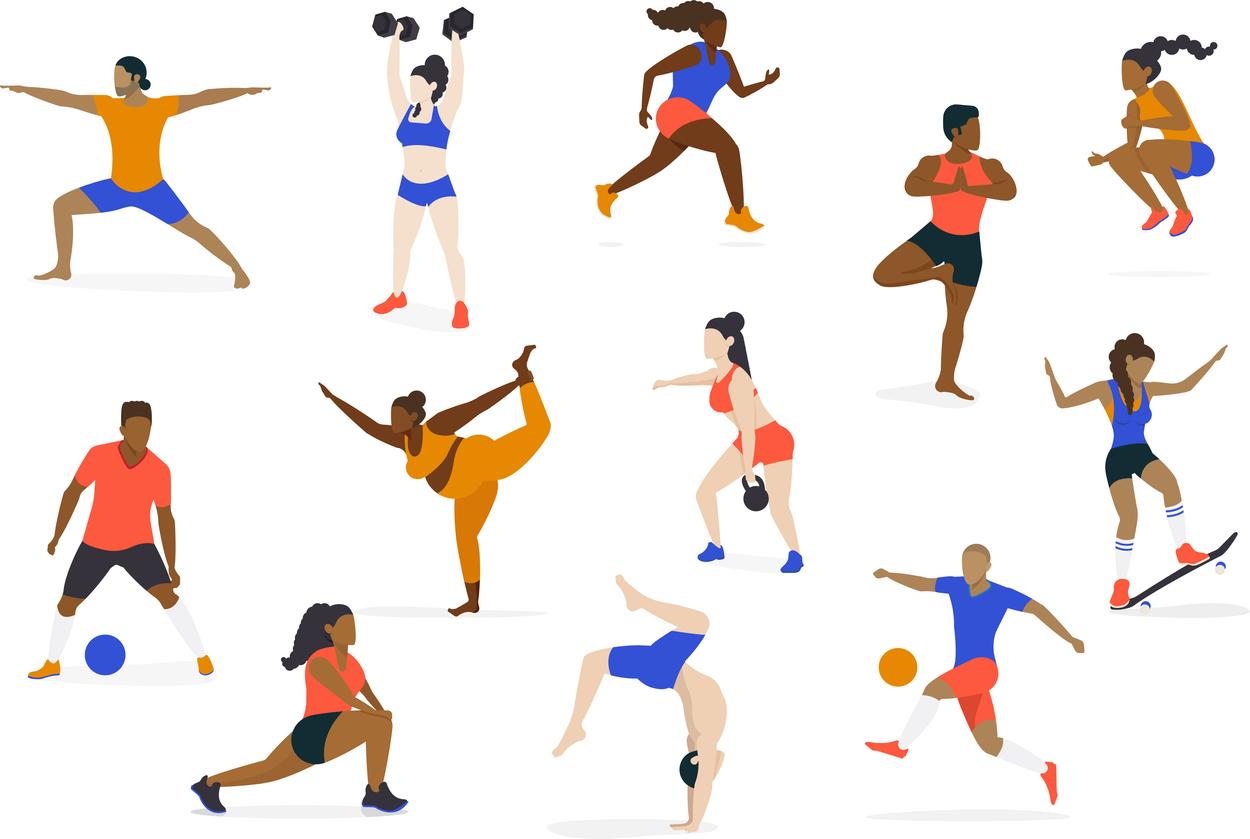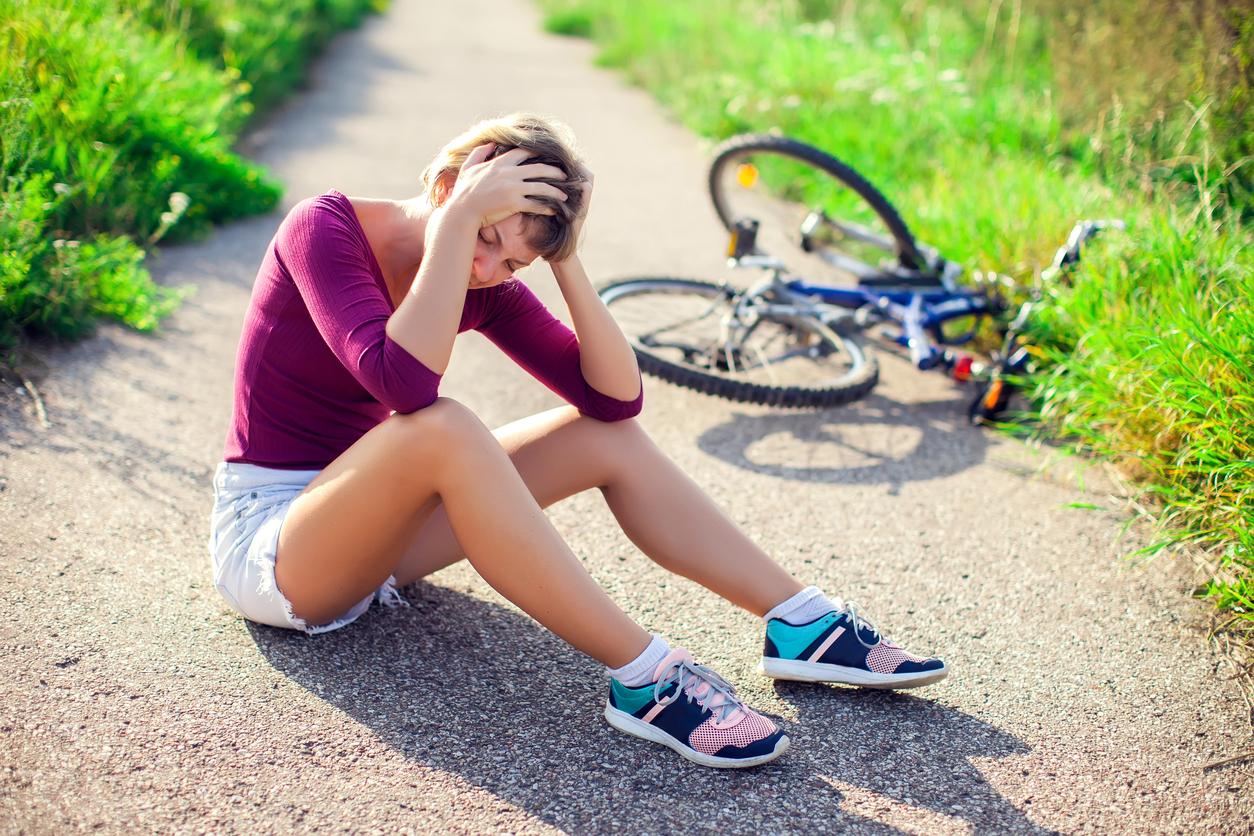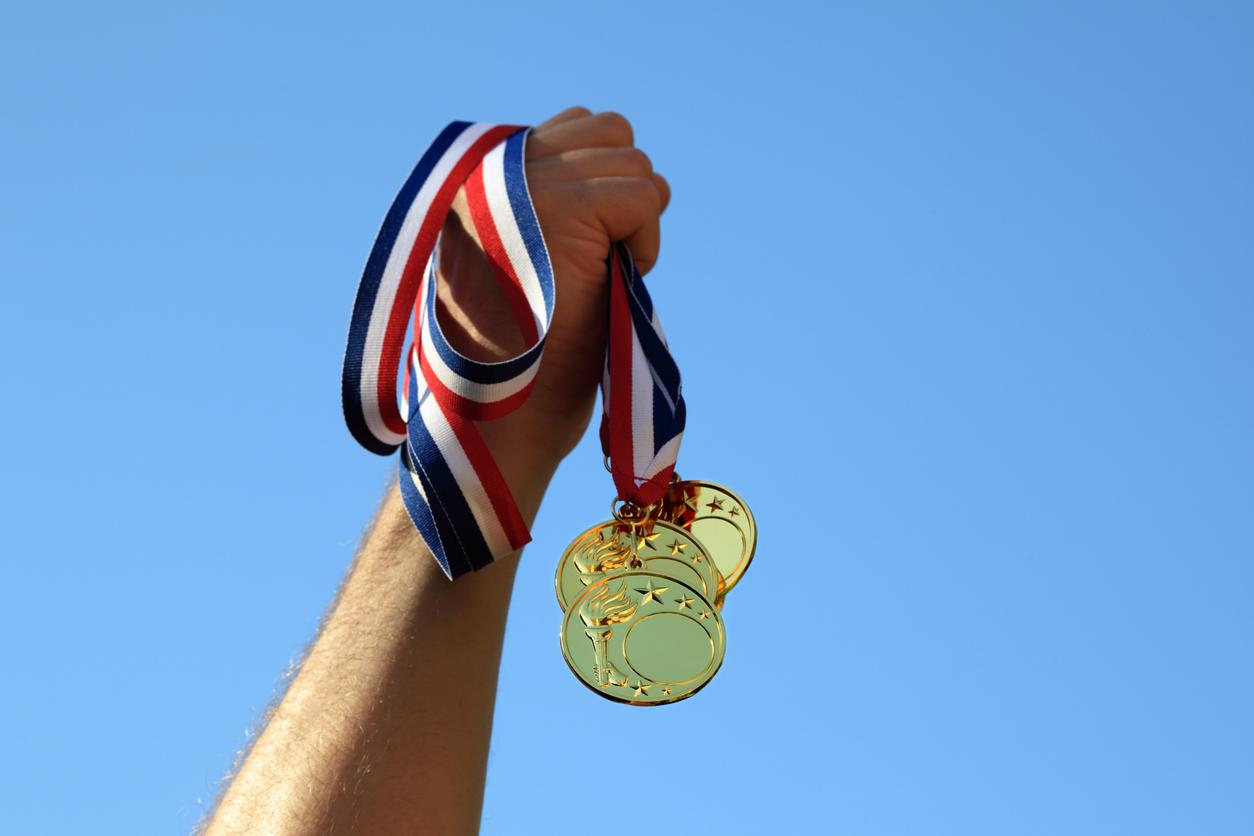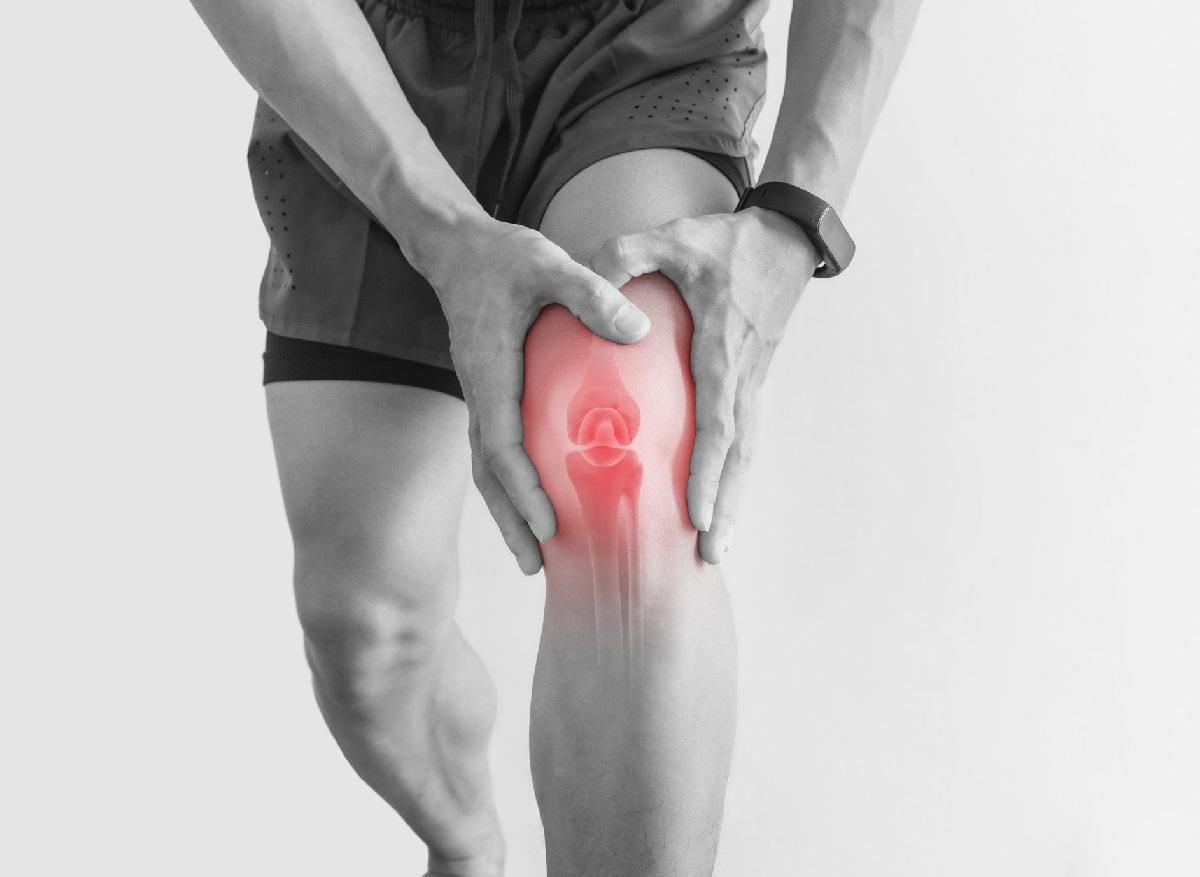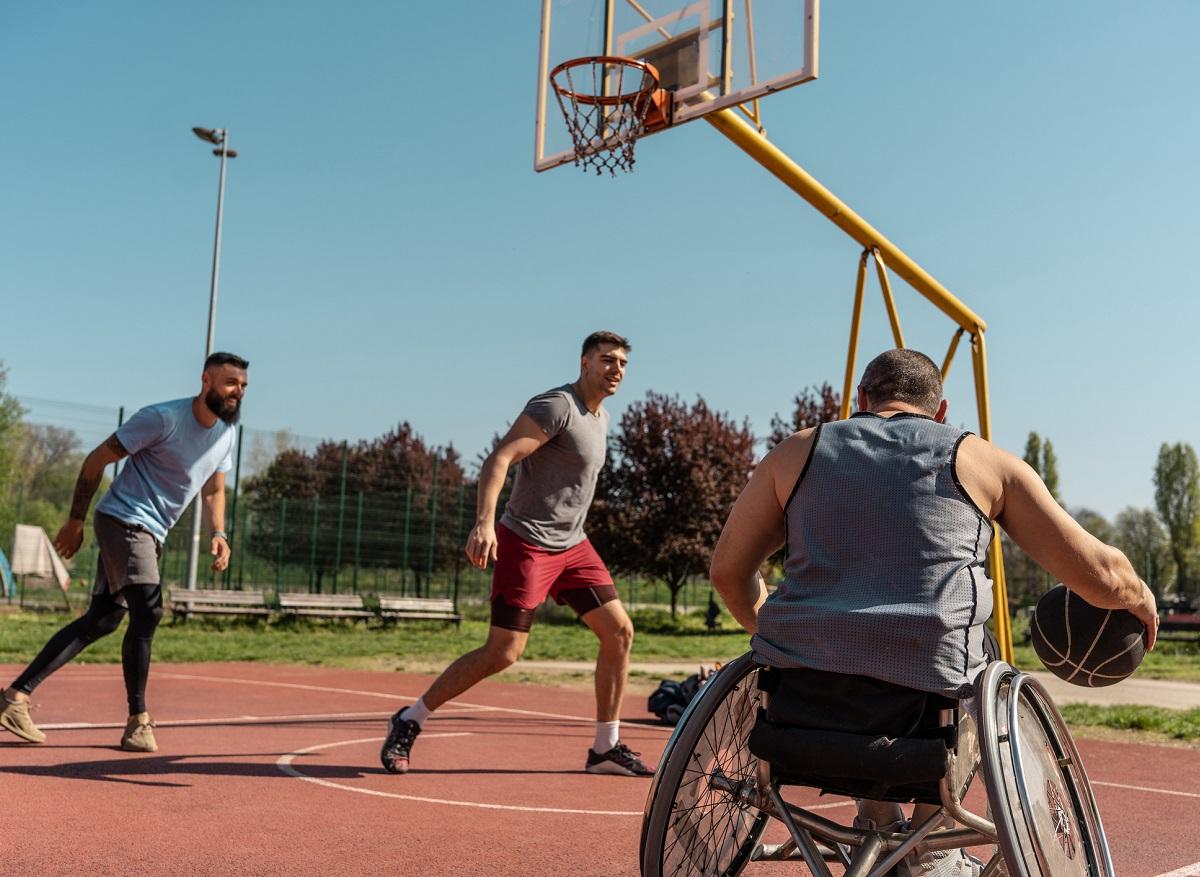What is the best incentive to get people to play sports ? Based on the stick-and-carrot system – where the donkey moves forward when the carrot is handed to it or when it is hit with a stick – British researchers have looked into the question. And research suggested that the fear of losing something made their study participants more active than the possibility of gaining an advantage. These results were presented this Wednesday, November 29 by the British Secretary for Health Matt Hancock, during a conference of the insurer Vitality Health and Life Insurance, and relayed by the BBC.
Do sports or pay?
For two years, 400,000 people in the UK, US and South Africa were followed under the rewards programs managed by the insurer. On the one hand, movie tickets or coffee vouchers, among others, were offered to clients of the company who went to the gym regularly – movements were checked. On the other hand, 100,000 participants agreed to receive a connected watch recording physical exercises. They paid a minimal amount for the gadget, and did not have to pay more as long as they went regularly to be physically active.
Researchers from the RAND Europe organization compared the information from these watches with data from other participants, which indicated whether or not they were going to the gym. Assuming that watch enthusiasts did vigorous exercise during their visits, analyzes seem to show that watch users had a significantly higher level of activity.
Behavioral programs against obesity
According to scientists, it would seem that the fear of having to pay more for the watch is a better incentive to stimulate activity than the traditional system of rewards which allows obtaining gifts. As of yet, this research has not been formally reviewed by the rest of the scientific community, but the intention is to do so for publication in a medical journal.
Even if these results therefore remain to be validated, the size of the group covered suggests that the study opens doors, while the incidence of health problems linked to obesity – such as type 2 diabetes – and the costs of treatment are constantly increasing. Behavioral programs and incentives make a difference, the report’s authors concluded.
Read also :
- Complex: a campaign to encourage women to return to sport
- Sport: lack of motivation is biological













